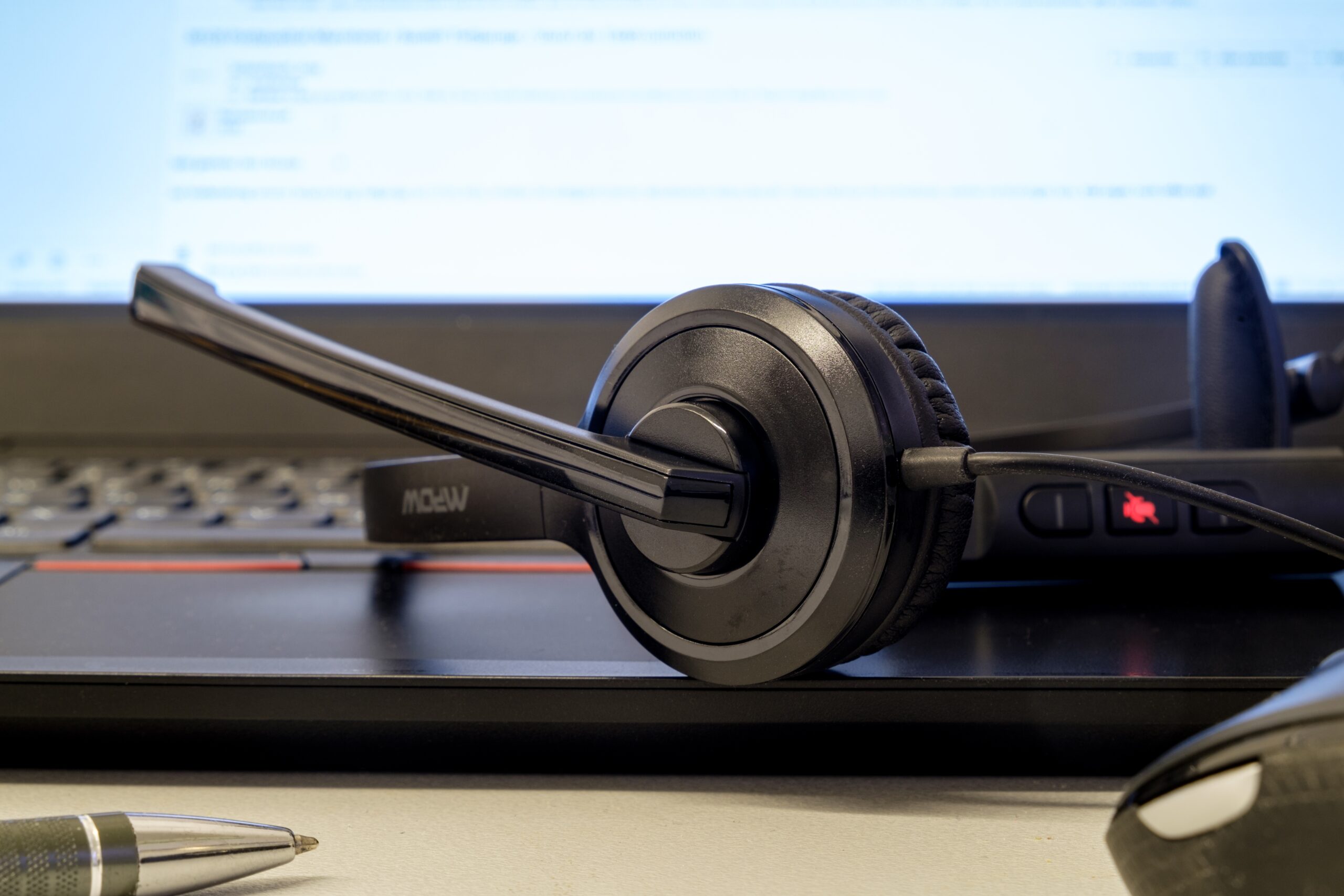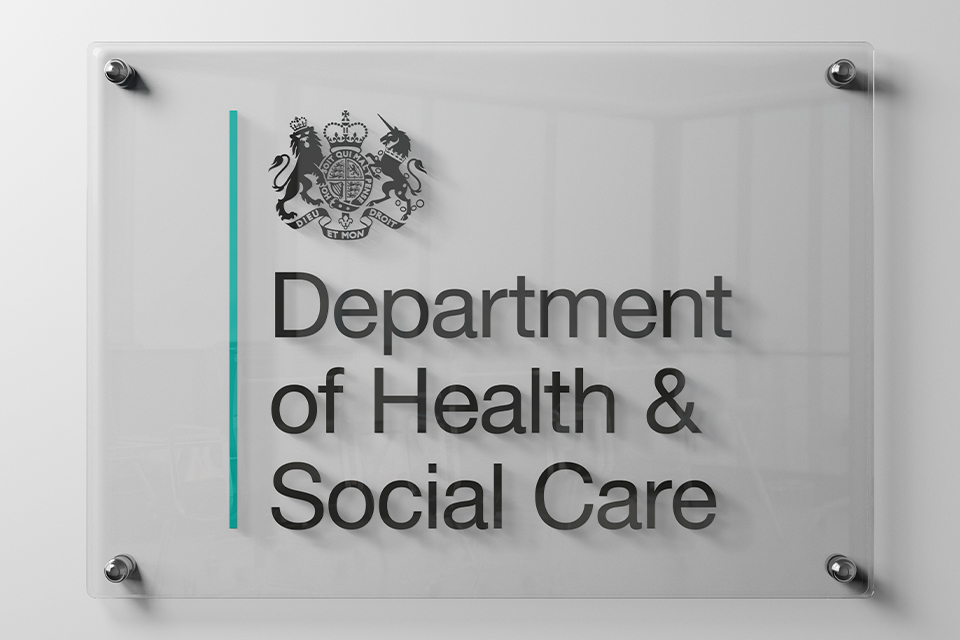With the deadline for self-assessment filing coming at the end of next month, the department has decided to redirect to digital services the majority of those calling the support helpline
From today, only “priority calls” will be routed to HM Revenue and Customs’ self-assessment tax helpline, with others pointed towards the department’s online services.
HMRC has announced that, until the 31 January deadline for filing returns, telephone support for self-assessment (SA) issues will be focused on handling customer queries “that cannot be easily dealt with online… [and] customers who require extra support or cannot engage with us digitally”.
The department added: “HMRC monitors all calls to identify people who may need extra help. These customers are passed on to HMRC’s Extra Support Team who are specially trained to deal with vulnerable taxpayers.”
Other callers, with access to digital tools and less complex issues, will be directed to instead use online services – which, according to the tax agency, were used to file 97% of returns last year. These calls will be answered with a recorded message, followed by a text message containing pointers to the relevant online tools.
“Examples of queries that can be resolved much quicker online include updating personal information, chasing on the progress of a SA registration, ending SA registration, and checking a Unique Taxpayer Reference number.”
The decision to dedicate telephone resources solely to calls deemed as higher-priority comes after the self-assessment helpline was shut down entirely for almost three months over the summer. During this time – which is typically a slow period for individual tax returns – about 350 staff were redeployed to other lines while citizens were directed to digital platforms.
Related content
- ‘We do not want it to be a hardship to contact us’ – how HMRC hopes to use AI and analytics to transform customer service
- HMRC: 85% of customer service is now digital
- HMRC picks £5m partner to support programme to ‘transform customer interactions’
Giving evidence to parliament’s Treasury committee last month, HMRC chief executive Jim Harra said: “The demand on the online services helpdesk was higher than we had forecast, and therefore, we needed to train up and deploy additional advisers. In the initial period of the trial, that meant poor service levels on that helpline, and therefore reduced customer satisfaction. However, as the trial went on, we added more resources to that helpline and customer satisfaction levels increased.”
The department has faced criticism from MPs about the lack of notice given prior to the suspension of the helpline and the committee put it to Harra that the pilot closure “does not seemed to have worked”.
“On the contrary, what the interim evaluation shows is that there was some considerable success,” the HMRC chief responded. “The pilot succeeded in reducing the customer contact demand during that period. It succeeded in deflecting a significant proportion of that demand online to the digital assistant and webchat, where we were able to give good service and got good levels of customer satisfaction.”
The department has indicated that further such trial closures and other initiatives to redistribute customer demand are likely to take place in the future.
Announcing the latest move to redirect non-priority calls online, HMRC deputy chief executive Angela MacDonald said: “This is a busy time for customers who want to get their taxes sorted. We want to help customers resolve any issues in the quickest and easiest way, which is often through our online services. The vast majority of Self-Assessment customers file their returns digitally, so we’re helping them make the next step to resolving simpler queries through our online services. Our expert advisers will be there to help people with urgent and more complicated queries as well as helping the small number who are unable to access our online services.”




